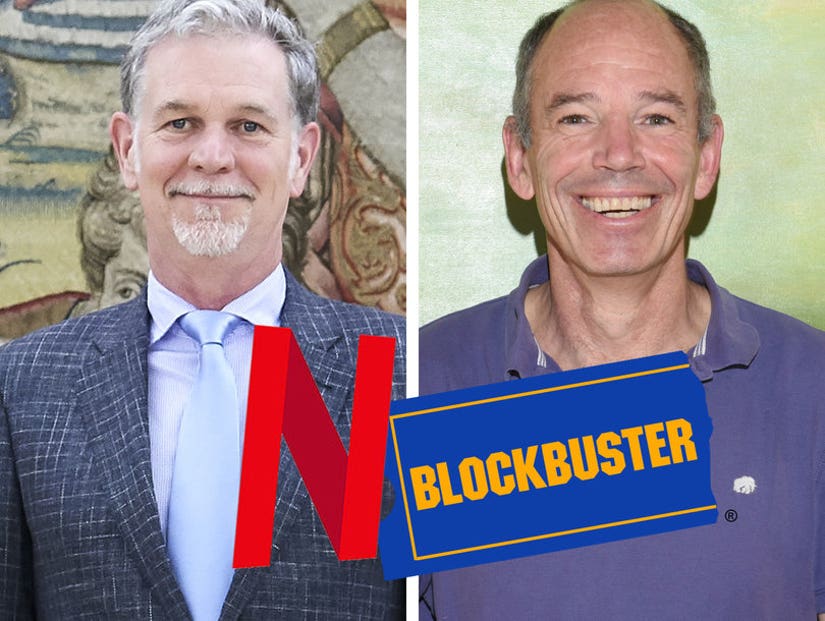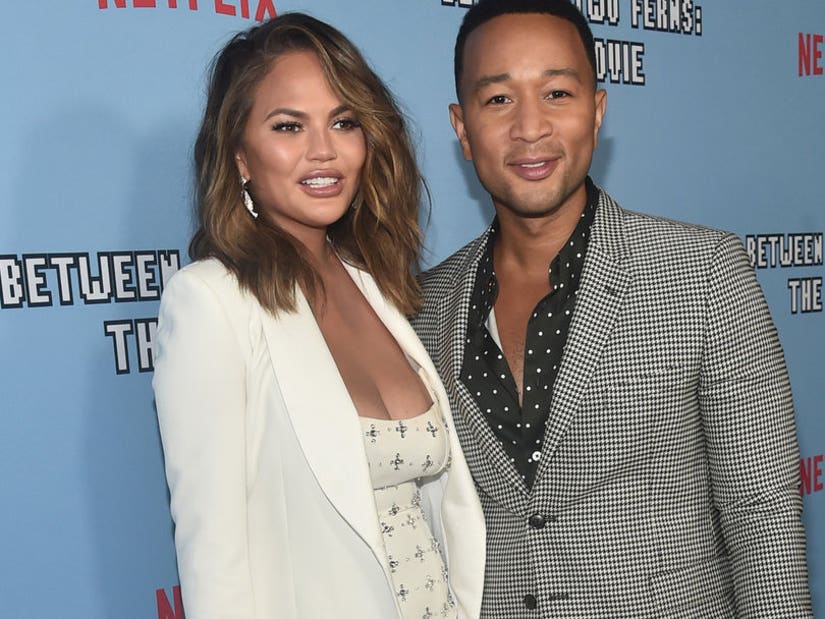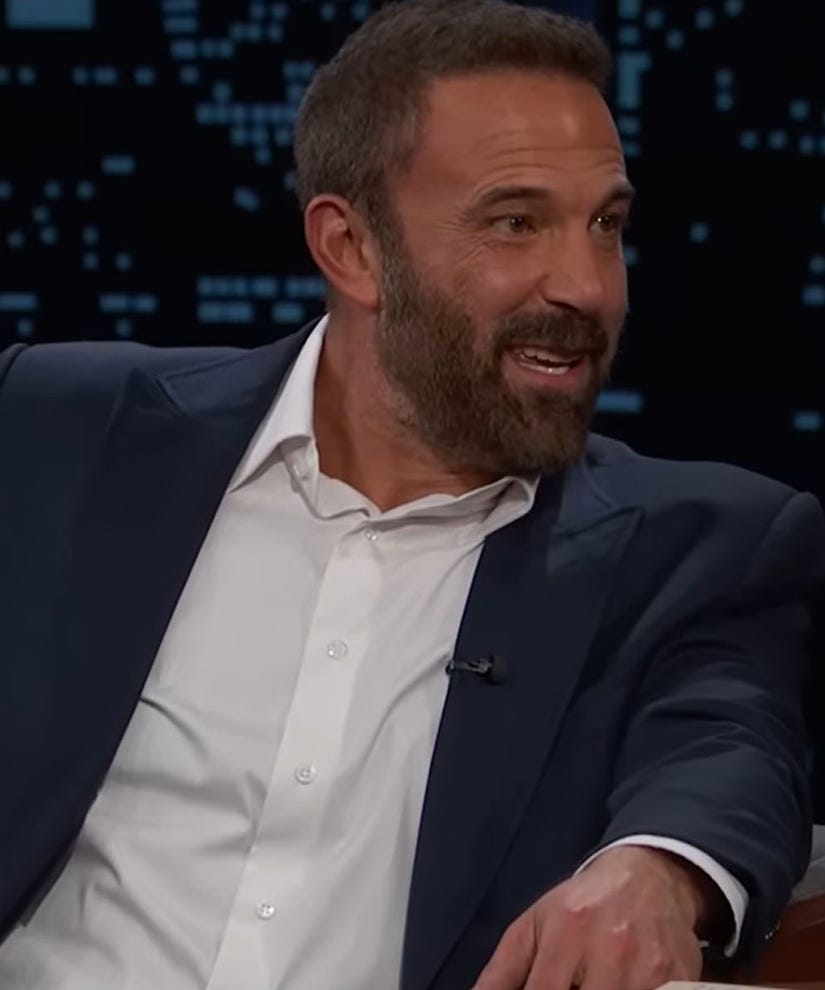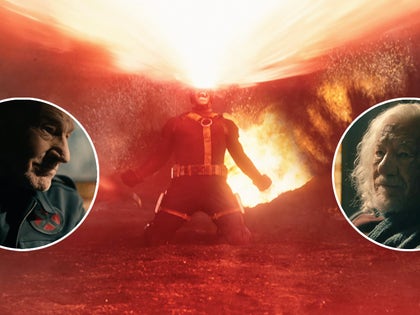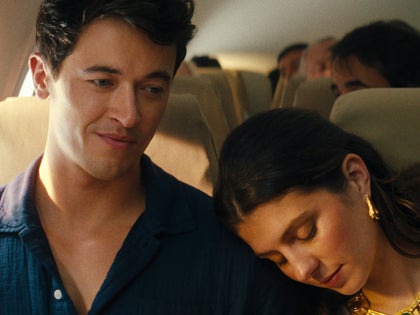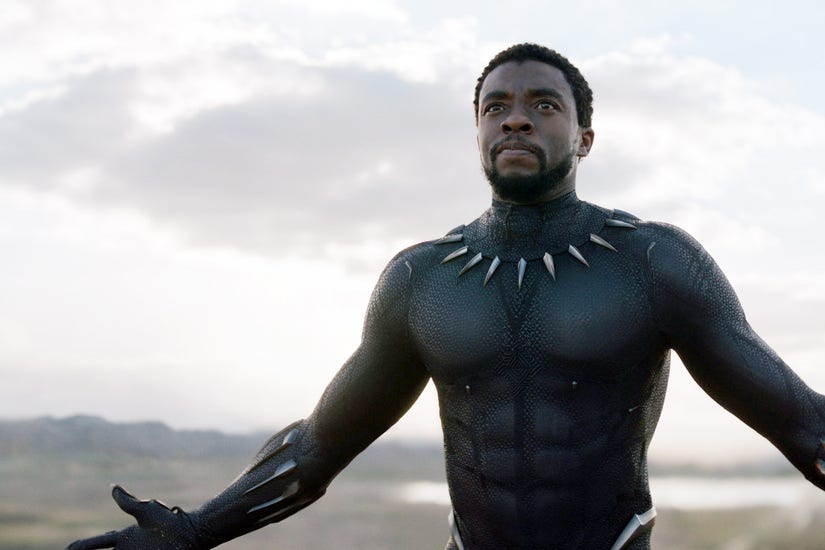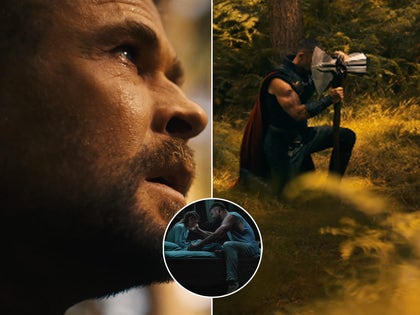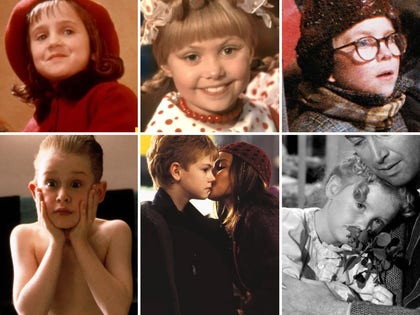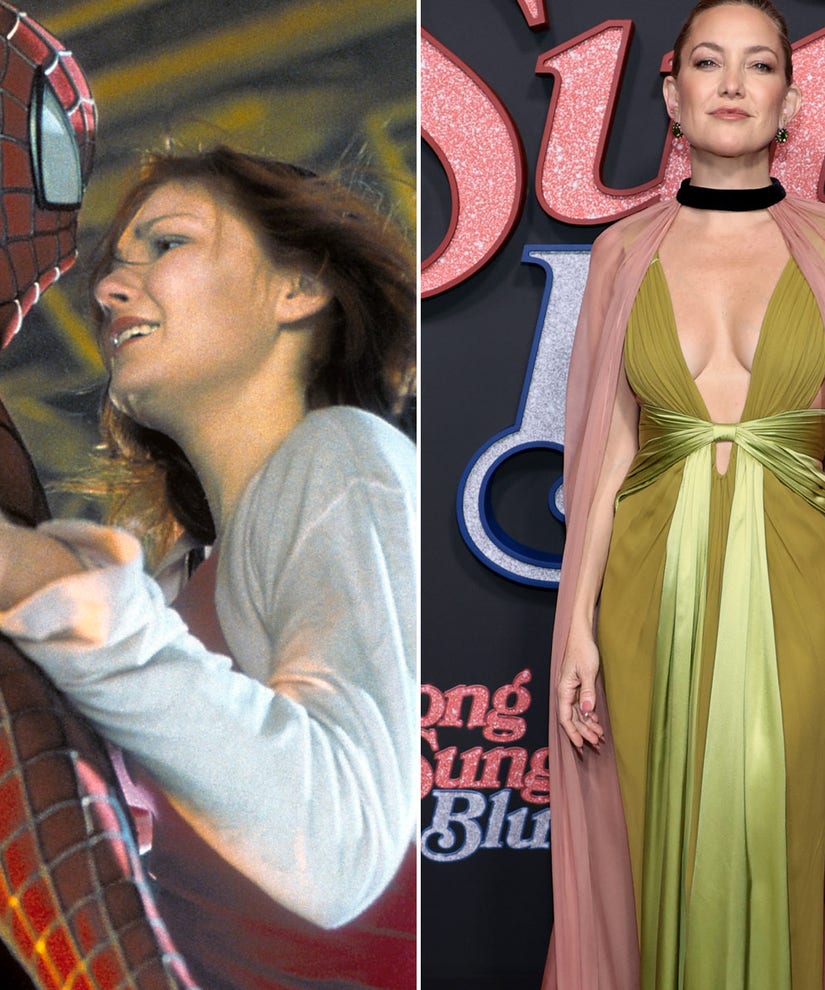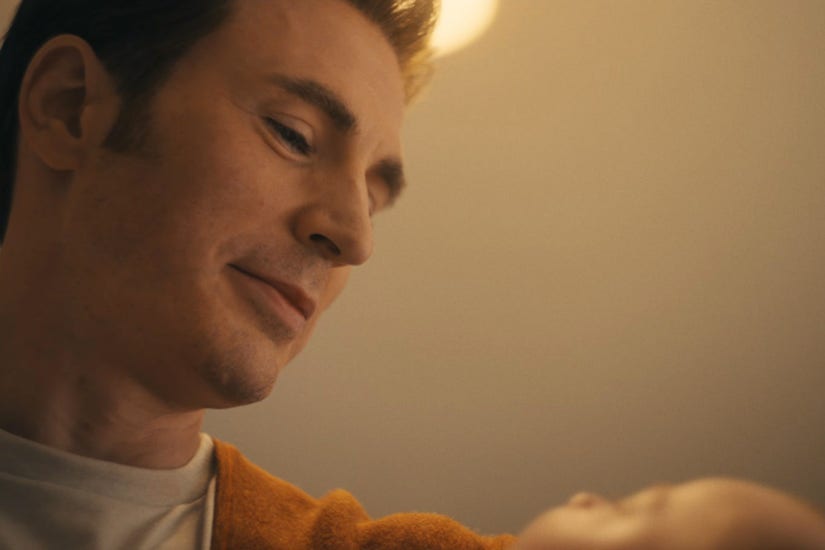The company is now worth around $130 billion.
Blockbuster could have bought Netflix for 1/2600th of what it is worth today.
But when offered the chance to purchase it back in 2000, execs reportedly "struggled not to laugh," a new book has revealed.
In "That Will Never Work: The Birth of Netflix", Marc Randolph told the story of how he and fellow co-founder Reed Hastings pitched their company to Blockbuster CEO John Antioco for $50 million.
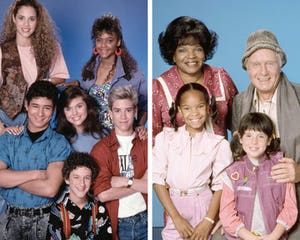 Getty/Everett Collection
Getty/Everett Collection
'Saved by the Bell' and 'Punky Brewster' Reboots Set For NBCU Streaming
View StoryAt the time, years before anyone had ever heard of streaming, the then-three-year-old company was still mailing DVDs, but knew the internet would eventually be the way forward; However, it was losing money fast.
Blockbuster meanwhile had just secured $450 million in cash via initial public offering.
After waiting for months trying to secure a meeting with the movie-rental giant, CEO John Antioco eventually granted one — at very short notice — telling the California-based pair they had to be in his Dallas headquarters by 11:30AM the following morning.
"After explosive growth and massive profits in the '80s and half of the '90s, the company had floundered at the turn of the millennium," Randolph wrote of Blockbuster, per Vanity Fair's excerpt. "A string of poor decisions—like selling music and clothing in the stores—had largely backfired, and the company had been slow to adapt to new technology, like the DVD, and to the internet." Antioco, he added, had been brought in to turn that around.
Blowing $20k of money they didn't have (they were on track to lose $50 million a year) on a private jet (belonging to "Wheel of Fortune's" Vanna White, no less) they flew with their CFO Barry McCarthy to make their last ditch pitch.
Netflix wanted to offer to take over Blockbuster's online arm going forward, renaming itself Blockbuster.com — but they had to convince Antioco, who arrived at the meeting wearing loafers that "probably cost more than my car," Randolph remembered.
 Getty
Getty
Beyonce Loses Emmy to James Corden, Fans Call Snub 'Misogynistic and Racist'
View Story"There's nothing like going into a negotiation knowing that the other side holds almost all the cards," he recalled of the meeting. "Key word: 'almost.'"
"In fact, a few points in our favor. To start, everyone hated Blockbuster. This, after all, was a company that had 'managed dissatisfaction' as a central pillar of its business model. It knew that most customers didn't enjoy the experience of renting from it, so its goal as a company wasn't so much to make the customer happy as it was to not piss them off so royally that they'd never come back. And there was a lot to piss them off: late fees, crappy selection, dirty stores, poor service—the list went on."
He continued: "But the most important point in our favor was the inexorable march of progress. The world was going online. No one knew exactly how, or how long it would take, but it was inevitable that increasing numbers of Blockbuster's customers would insist on transacting online. Not only was Blockbuster ill-positioned to take advantage of that trend, but it didn't even seem to see it coming. The way we saw things, it could use our help. We just hoped it could see it that way too."
As Reed delivered his carefully worked pitch, or as Randolph described it, "a real triple-decker shit sandwich", it looked to be going down well — until they unveiled the price: $50 million.
"Through Reed's pitch and Barry's windup, I had been watching Antioco," Randolph wrote. "I had seen him use all the tricks that I'd also learned over the years: lean in, make eye contact, nod slowly when the speaker turns in your direction. Frame questions in a way that makes it clear you're listening."
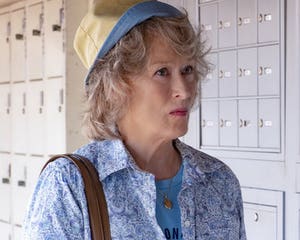 Netflix
Netflix
Meryl Streep Faces Criticism for Latina Role in Netflix Film 'The Laundromat'
View Story"But now that Reed had named a number, I saw something new, something I didn't recognize, his earnest expression slightly unbalanced by a turning up at the corner of his mouth. It was tiny, involuntary, and vanished almost immediately. But as soon as I saw it, I knew what was happening: John Antioco was struggling not to laugh."
The pitch, of course, was rejected. But it ultimately gave the founders new sink or swim resolve.
"Selling had seemed to be our only way out. And Goliath didn't want to buy us—he wanted to stomp us into the ground. As long a shot as Blockbuster had been, I had genuinely held out hope that it would save us. Now it was clear that if we were going to get out of the crash alive, it was entirely on us," he wrote.
"'Blockbuster doesn't want us,' I said. 'So it's obvious what we have to do now.' I smiled. Couldn't help it. 'It looks like now we're going to have to kick their ass.'
Hastings has previously been quoted saying that he decided to start Netflix after being fined $40 at a Blockbuster store for being late to return a copy of "Apollo 13"; although the tale is believed to be apocryphal. Either way Blockbuster, which once employed over 84,000 at its peak, filed for bankruptcy in 2010, and only one privately owned store in the world remains open today.
Netflix meanwhile reported $16 billion in revenue last year alone.

